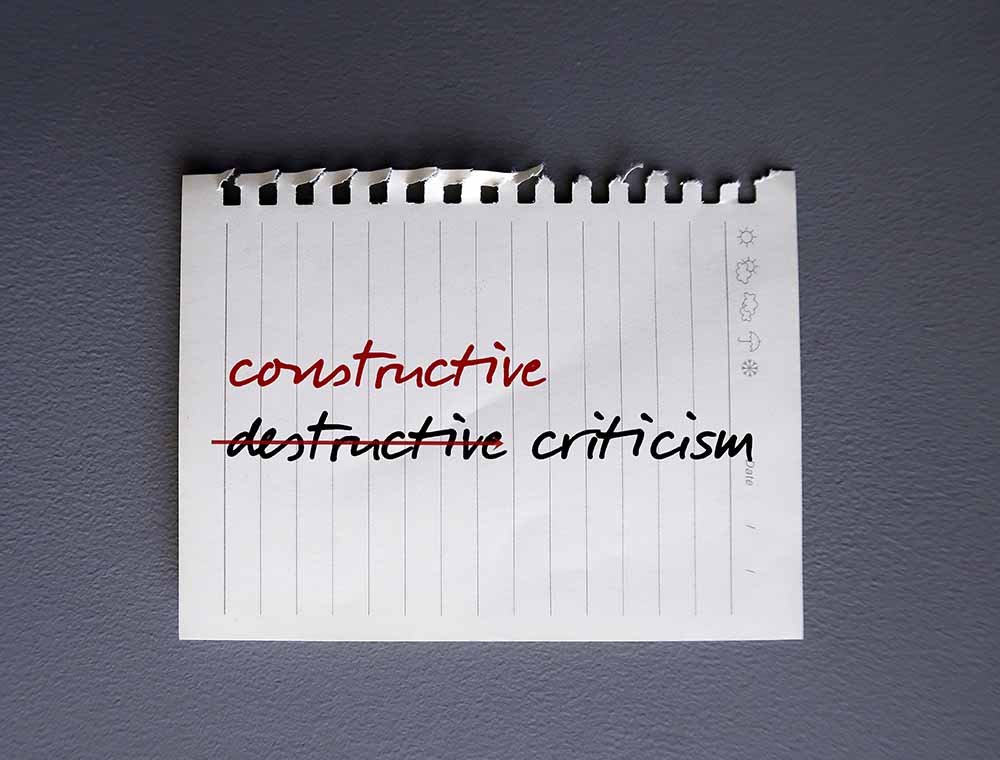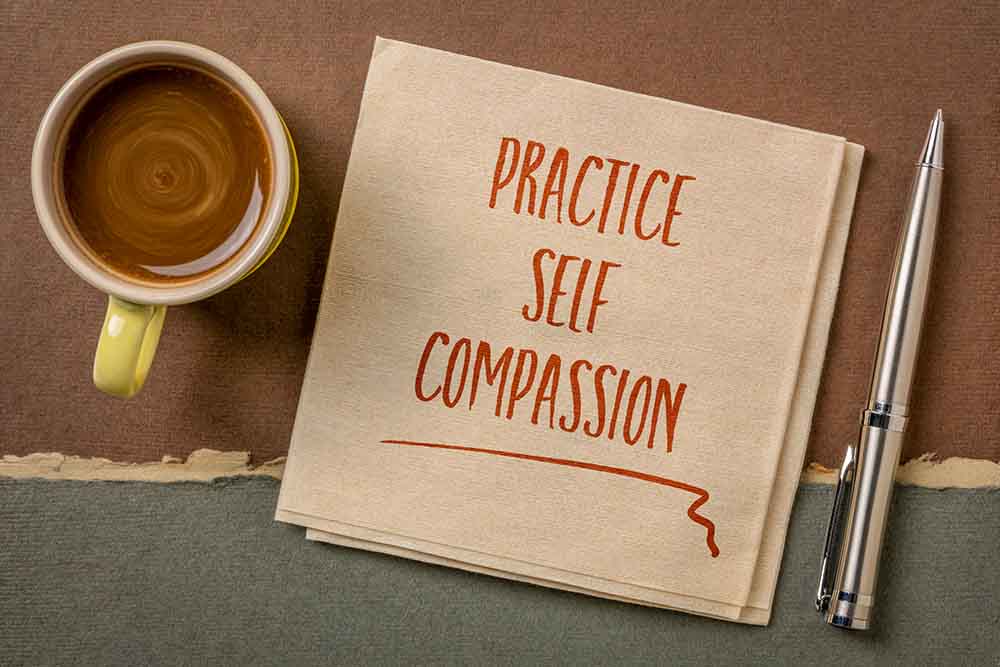Criticism, whether it stems from the workplace, personal relationships, or extended social circles, is an inevitable part of life. While it can be a helpful tool for growth, it often feels like a direct blow to our self-esteem, leading to negative self-talk and downward spiralling. Clinical Psychologist Mehezabin Dordi helps us understand how to handle criticism in a healthy and constructive way, ensuring it fuels growth rather than diminishing your confidence.
Pause before reacting: The key is to respond, not react. Criticism can trigger an immediate emotional reaction—defensiveness, anger, or even shame. Instead of responding impulsively, pause. Take deep breaths or mentally count to ten. This creates space and time to process the feedback rationally rather than emotionally.

Understand the intent: Ask yourself - is the criticism constructive or simply harsh? Constructive criticism aims to help you grow, while harsh or unkind remarks may reflect the other person’s emotional state rather than an accurate assessment of you. Distinguishing between the two can prevent unnecessary hurting.
Focus on the content, not the tone: Sometimes, valuable feedback is wrapped in a harsh tone. Train yourself to separate the message from the delivery. If there’s truth in the criticism, focus on what you can learn from it rather than dwelling on how it was communicated.

Practice self-compassion: Criticism often magnifies our self-doubts. Counter this by practicing self-compassion. Remind yourself that everyone makes mistakes and has scope for improvement—it’s a part of being human. Speak to yourself as you would to a close friend facing similar criticism.
Seek clarification when needed: If feedback is unclear or seems unfair, ask for specific examples. For instance, if a manager says, ‘Your communication could improve’, follow it up with, ‘Can you give me an example or suggest how I can improve?’ This shifts the focus from judgment to collaboration.
Reframe criticism as an opportunity: Change your perspective by viewing criticism as a tool for growth. Ask yourself, ‘What can I learn from this? How can this make me better?’ This mindset reduces the sting of negative feedback and encourages personal development.

Set boundaries against toxic criticism: Not all criticism deserves your attention. If someone consistently criticises you without offering solutions, or does so in a demeaning manner, recognise it as a reflection of their issues, not yours. Learn to say, ‘I appreciate feedback, but I find this unhelpful.’
Strengthen your self-esteem: Criticism hurts less when it’s met with a strong foundation of self-worth. Build this by regularly acknowledging your achievements and positive qualities. Journaling, practicing gratitude, or celebrating small wins can help.

Share your feelings: If criticism from loved ones feels overwhelming, communicate your feelings assertively. For instance, ‘I understand your concern, but the way it was said felt hurtful. Can we discuss this differently?’ This fosters a more constructive dialogue.
Know when to let go: Some criticism is simply not worth carrying. If feedback doesn’t align with your values or goals, or if it’s coming from a source you don’t respect, let it go. Carrying unnecessary criticism can weigh heavily on your mental well-being.
Life is not always going to serve you with a five-star review on a platter at work or with people. So, it’s important to navigate through these inevitable situations without letting it take a bite at your self-esteem. Criticism is an opportunity to refine, not define who you are. By pausing, reflecting, and practicing resilience, you can navigate criticism in a way that strengthens your self-esteem rather than undermining it.